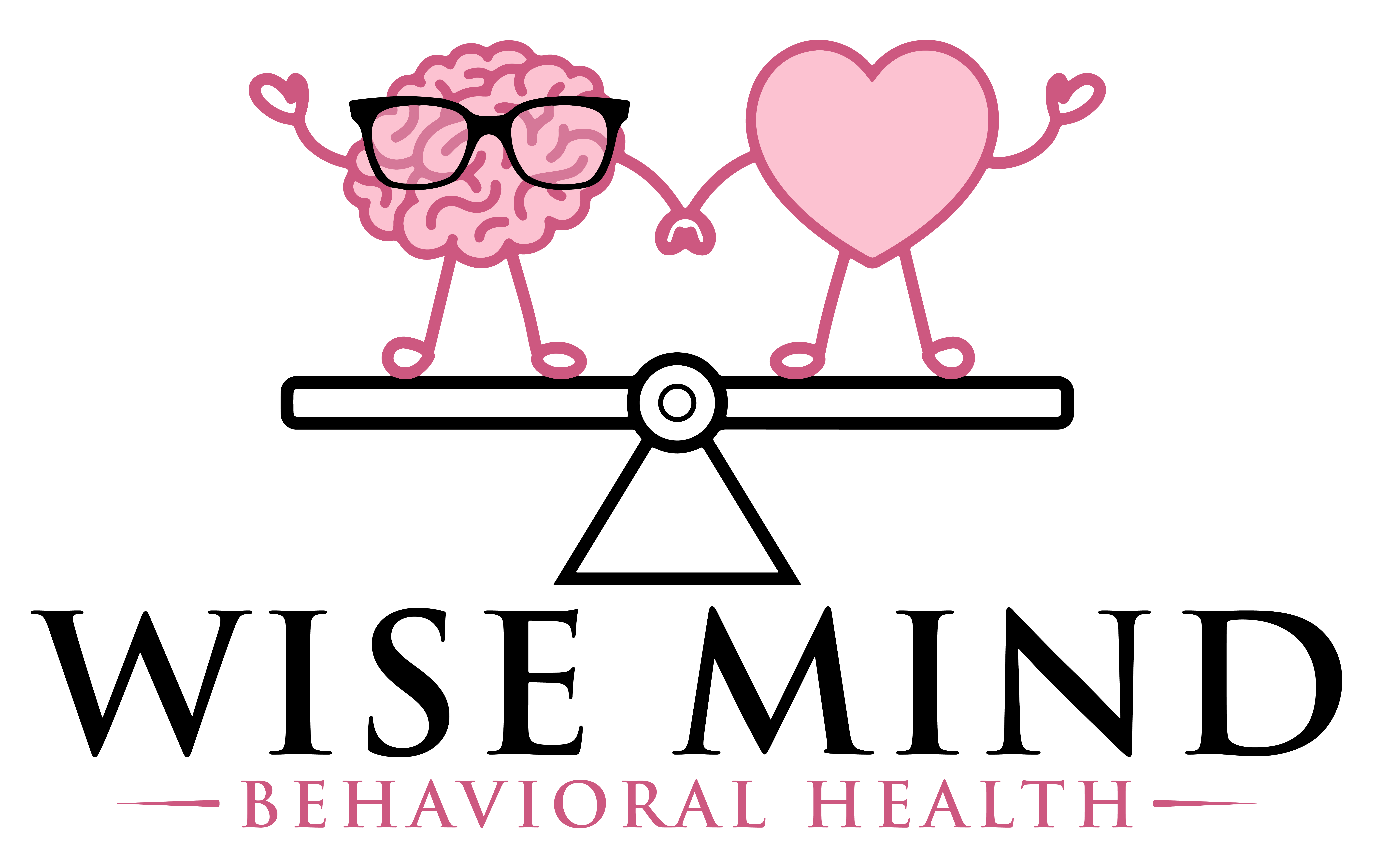WHAT IS
DBT-A
-
DBT-A
-
Differences Between DBT for Adults and DBT-A (DBT for Adolescents)
-
Who Can Benefit From DBT-A?
DBT-A is Dialectical Behavior Therapy designed for adolescents and teens. It is based on the understanding that difficulty managing emotions can lead to impulsive actions, poor decision-making, and destructive behaviors. These behaviors may serve to relieve distress in the short term but in the long term, can be damaging to physical health, self-esteem, relationships, and overall quality of life.
DBT-A focuses on teaching a broad range of skills for coping that replace familiar behaviors that negatively impact the quality of life. With treatment, the teen gains a broader repertoire of tools to help cope when challenges arise.
DBT-A teaches five skill modules:
- Mindfulness: This set of skills teaches clients to live ‘here and now’ and not stay in the past or worry about the future.
- Emotion Regulation: This set of skills teaches clients how to detect and reflect a person’s emotions without judgment and determine what role those emotions play in our bodies and minds.
- Interpersonal Effectiveness: This set of skills teaches clients to ask for what they need from themselves and others while keeping calm if things don’t go as desired.
- Distress Tolerance: This set of skills teaches clients how to tolerate strong emotions that usually send the person into a whirlwind of emotions and thoughts often leading to destructive behaviors.
- Walking the Middle Path: This set of skills addresses issues that arise within the family that can undermine treatment. This module emphasizes teaching dialectics, validation, and behavior change. Focus on these skills teaches caregivers and their adolescents the skills needed to decrease conflict.
Comprehensive DBT-A consists of 4 components:
- Individual therapy: supports the learning of skills, provides time to troubleshoot learning, provides much-needed validation, and models a healthy relationship.
- DBT skills group: once a week (90 minutes). This group teaches the five skills modules (Mindfulness, Emotion Regulation, Distress Tolerance and Interpersonal Effectiveness, Waking the Middle Path) within a 24-week period. Typically, clients need to be in the group for 2 rounds of skills group, totaling 1 year.
- Phone coaching: used to support use of skills in the moment.
- Therapist consultation: provides a space for therapists to discuss cases to ensure they are providing the best therapy possible.
*If the treatment has 1-3 components, it is considered DBT-informed.
DBT-A is evidenced-based for teens and differs from DBT for adults in several ways. DBT-A added a fifth skills module “Walking the Middle Path” with the goal of increasing problem-solving skills, learning validation and effectively managing differences of opinion with family members. Caregivers may be included in skills training sessions or have their own separate skill training sessions. Caregivers will also be part of individual therapy at times or be included through additional family sessions. Therapists provide phone coaching to the caregivers in addition to the adolescent. Caregiver involvement is important in determining efficacy of the treatment.
Adolescents and teens who benefit from DBT-A are often described by family members as:
- Thinking in extremes — Believing everything is great or everything is horrible and “sticky” or inflexible thinking
- Behaving in extremes — Hurting themselves or others, breaking objects or possessions, and making decisions quickly and without thinking through the consequences
- Feeling in extremes — Being highly sensitive to their own feelings and the feelings of others, beating themselves up over things that seem small, feeling their emotions more strongly than their siblings or friends, and having trouble moving on from negative feelings
Parents and teachers sometimes say that they have to “walk on eggshells” around these children in order to avoid explosions of feelings and behaviors. DBT-A addresses these issues through structured treatment to improve upon their abilities and the abilities of their families to increase flexible thinking, and gain more control over their big feelings and behaviors. DBT-A also helps adolescents and teens learn how to make and keep appropriate friendships and relationships with other people.
DBT-A has helped adolescents and teenagers who struggle with any or all the following:
- Impulsive/disruptive behaviors
- Frequent mood swings
- Self-injurious and suicidal behaviors
- Risky sexual behaviors
- Depression and anxiety
- Family and peer conflict
- Anger outbursts
- Rejection sensitivity
- Disordered eating behaviors
- Drug or alcohol abuse
- Poor coping skills
